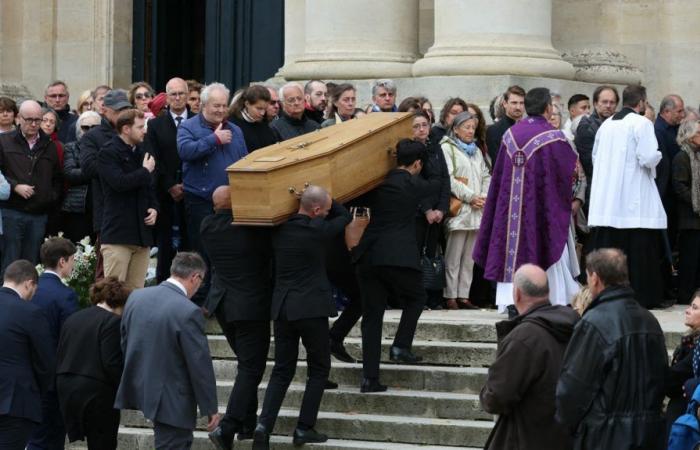“The individual suspected of the murder of a young student in Paris in mid-September, and arrested in Geneva, does not want to go to France to be heard. » This is what Swiss public television reported RTS, this Wednesday October 16, 2024 in the evening.
The extradition request was made by France a week ago, on October 9, according to the information of the Minister of Justice Didier Migaud, questioned on RMC et BFMTV the next day about this. He then specified that France would insist “obviously, so that this person can be judged in France.”
A request made “on time”. According to the Swiss Federal Office of Justice, the requesting state has 18 days to make an extradition request.
The suspect’s opinion only advisory
In a letter sent toAFP, the Swiss Federal Office of Justice (FOJ) specifies that the suspect, arrested in Switzerland on September 24, “did not consent to simplified extradition”. In other words, the extradition could have taken place quickly if he agreed. Now, another procedure is being put in place.
RTS specifies in fact that it is now up to the Swiss Federal Office of Justice to rule, after the refusal to extradite the suspect.
In fact, the procedure is not interrupted. As indicated Le Figaro in a decryption, the suspect’s opinion “is in some way only advisory and Swiss justice can override it”. It is up to the judicial authorities to decide whether to follow the opinion of the accused or not.
In a context of good relations between Switzerland and France, and because France wishes to try him on its territory, it is a safe bet that the Swiss Federal Office of Justice should continue the extradition procedure.
Relatively long delays
On its website, the Federal Office of Justice indicates that “the ordinary procedure can last more than a year, particularly in complex cases and if all avenues of appeal are used.”
After an audition, “the FOJ decides in the first instance on extradition”, on form and not on substance. If he is extradited to France, it is only there that the suspect will be judged on his possible guilt.
Philippine’s alleged murderer can appeal to the Federal Criminal Court, within 30 days, “from the notification of the extradition decision”. In the meantime, he remains in detention. The decision of the Federal Criminal Court is not final, it can still be appealed “by appeal to the Federal Court”specifies the OFJ, the supreme judicial authority of the Swiss Confederation.
Then comes the time for the execution of the extradition. In the case of a neighboring country (this is the case of France), “the surrender of the person to be extradited generally takes place at the border”.
All these steps justify a relatively long time before extradition, particularly if the suspect objects to it throughout the procedure.






